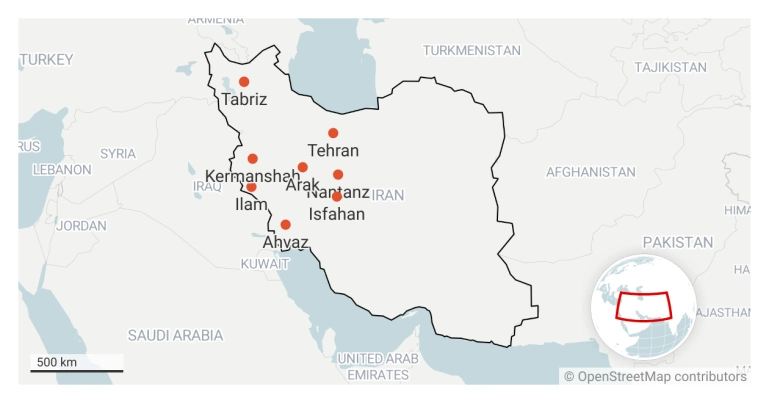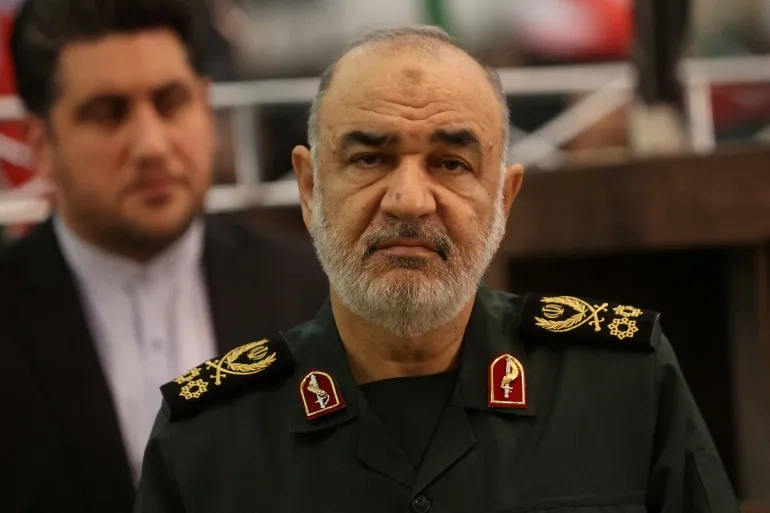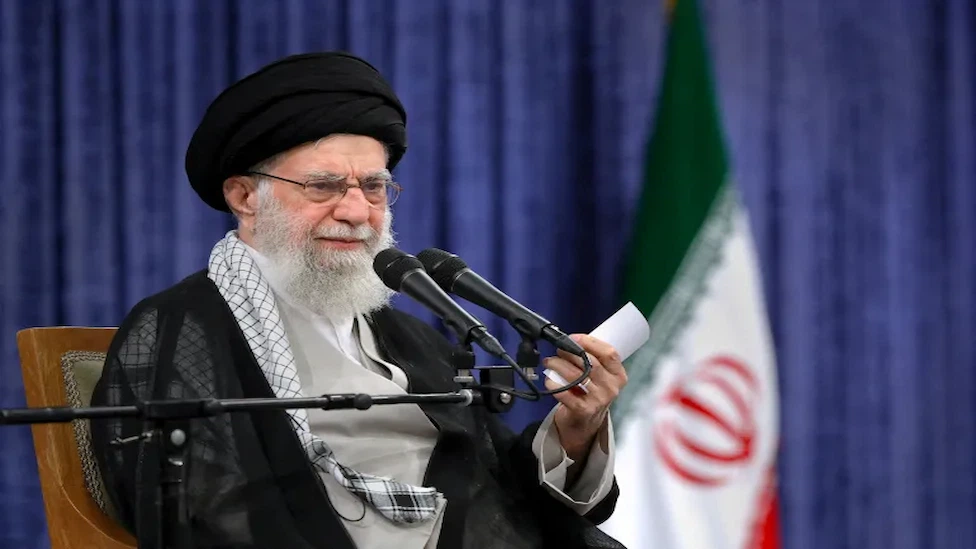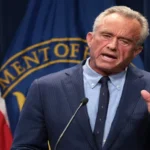Israel-Iran Conflict Escalates: On June 13, 2025, Israel launched strikes on multiple Iranian nuclear and military sites. The attacks targeted key facilities in Tehran, Natanz, and other cities. Top Iranian officials and nuclear scientists were killed. Iran vowed a “harsh response,” raising fears of a wider Israel-Iran conflict.
The U.S. denied involvement but warned Iran against retaliation. Global leaders urged restraint amid escalating tensions.
Also Read | Iran Nuclear Tensions Escalate as UN Declares Breach, US Evacuates Personnel
Israel-Iran Conflict Escalates: Insights
- Israel’s strikes aimed to cripple Iran’s nuclear and missile programs.
- Iran’s Supreme Leader promised severe retaliation.
- The U.S. distanced itself but pledged to defend Israel.
- Attacks on nuclear sites risk radioactive leaks and long-term damage.
- The UN called for de-escalation to avoid a regional war.
Background
Tensions between Israel and Iran have grown for years. Iran’s nuclear program has been a major concern for Israel and Western nations. Previous talks between Iran and the U.S. aimed to limit nuclear activities in exchange for sanctions relief.
However, Israel viewed Iran’s progress as an existential threat. Past covert operations targeted Iranian scientists. The latest strikes mark a dangerous escalation.

This map marks key locations struck by Israeli forces in Iran, including nuclear facilities in Natanz and military bases near Tehran, amid rising global tensions.
Photo Credits: BBC and OpenStreetMap.
Main Event
Early on June 13, 2025, Israel attacked nuclear and military sites across Iran. Explosions rocked Tehran, Natanz, Tabriz, and other cities. Key targets included uranium enrichment plants and missile factories. Iranian state media confirmed the deaths of top military leaders and nuclear scientists.
Supreme Leader Ali Khamenei called the strikes a “crime” and promised punishment. Israel’s Prime Minister, Benjamin Netanyahu, stated the operation aimed to weaken Iran’s military capabilities. The Israeli military chief warned Iran against further threats.
Social media showed damaged buildings and smoke rising from strike sites. The International Atomic Energy Agency (IAEA) confirmed damage at Natanz but reported no radiation leaks.

Reports indicate that IRGC Commander-in-Chief Major-General Hossein Salami was among those killed in the strikes.
Photo Credits: REUTERS.
Also Read | Middle East Oil Price Surge Amid Fears of Israel-Iran Conflict
Implications
The Israel-Iran conflict risks dragging the Middle East into war. Civilians in both nations face danger. Global oil prices may surge due to instability. The U.S. must balance defending Israel and preventing wider conflict. Nuclear facility attacks could harm the environment. Diplomacy faces new challenges as trust erodes.
Conclusion
The Israel-Iran conflict has entered a dangerous phase. Retaliation could trigger a regional war. World leaders urge de-escalation, but tensions remain high. The coming days will test diplomacy and global security. Experts fear prolonged instability if no peaceful solution is found.



